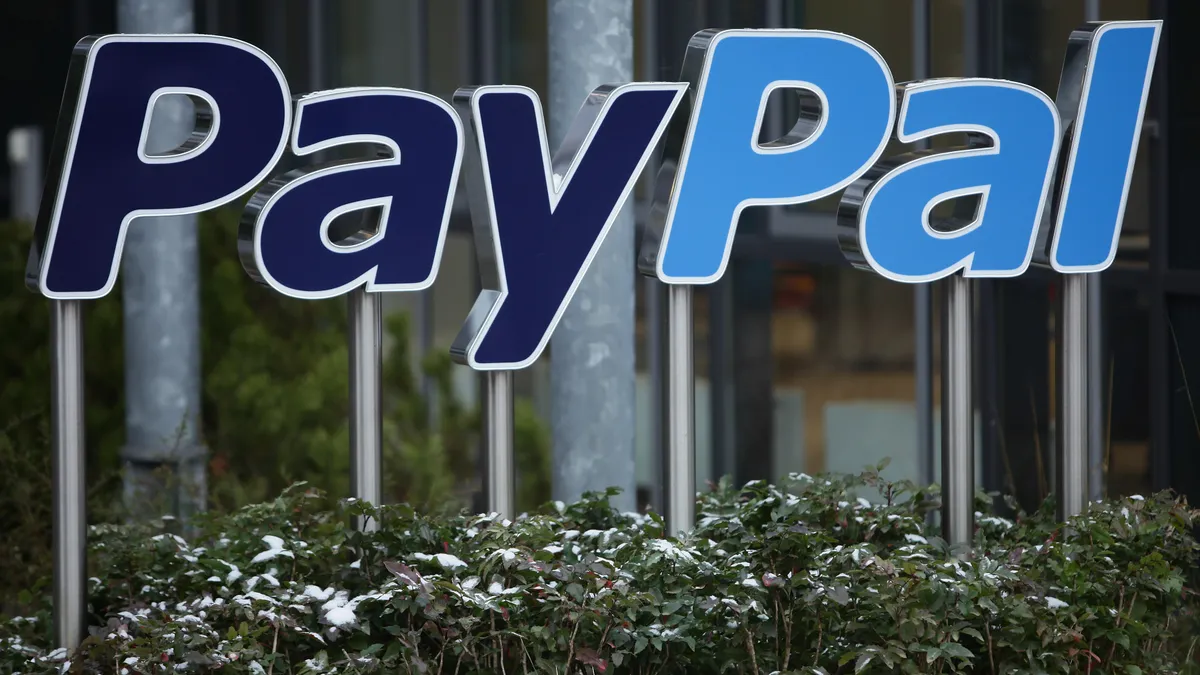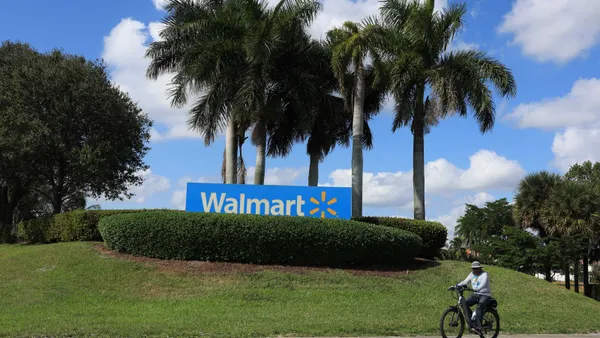A spate of payments industry acquisitions continued last week with fintech Stripe saying Friday that it had acquired online fraud prevention company Bouncer, and the disclosure Thursday that payments giant PayPal snapped up returns processor Happy Returns.
Those acquisitions follow buy now, pay later (BNPL) company Affirm's $300 million acquisition last month of another returns payments company Returnly, and PayPal's March acquisition of digital asset company Curv. The mega payments processor Fiserv has also been on an acquisition tear, buying three companies in recent months.
While price tags for some of the deals weren't revealed, it's clear there is a big appetite at the moment in the payments sphere for gobbling up fintech peers and would-be rivals. Interest likely is driving prices higher, just as valuations for payments fintech companies are also climbing on increased investments from venture capital firms.
Four of the top 10 fintech acquisitions last year involved payments companies, according to Fintech Futures. The big credit card companies were also on a buying spree.
In January, S&P Global Market Intelligence forecast acquisitions in the payments space would remain revved up this year. "A streak of M&A in the payments world in 2020 is likely to continue this year, as the shift to digital payments ushered in by the pandemic makes payments fintechs attractive targets," the research company said in the Jan. 6 report.
The recent purchases this year by PayPal and Affirm show particular interest in the returns processing space. "Returns have been largely ignored in retailers' customer experience improvements until recently," Forrester Analyst Lily Varon said by email. "But challenger brands are now offering improvements like instant store credit upon initiating a return."
The BNPL "vendors are simultaneously looking for new revenue streams and trying to find ways to make their service more attractive and stickier for both merchants and consumers," Varon said.
Nonetheless, in some areas of the payments landscape, acquisitions that may have increased companies' reach across geographies and buttressed their capabilities, could ultimately be a drag on the businesses, research firm McKinsey & Co. noted in an industry report last year.
"This spate of acquisitions has also led to acquirers being laden with numerous regional, duplicative, and subscale solutions, adding to technology overhead," the McKinsey & Co. 2020 global payments report said. "Over time, this will impede efficiency and interfere with acquirers' ability to serve multi-geography merchants, especially in digital segments."














